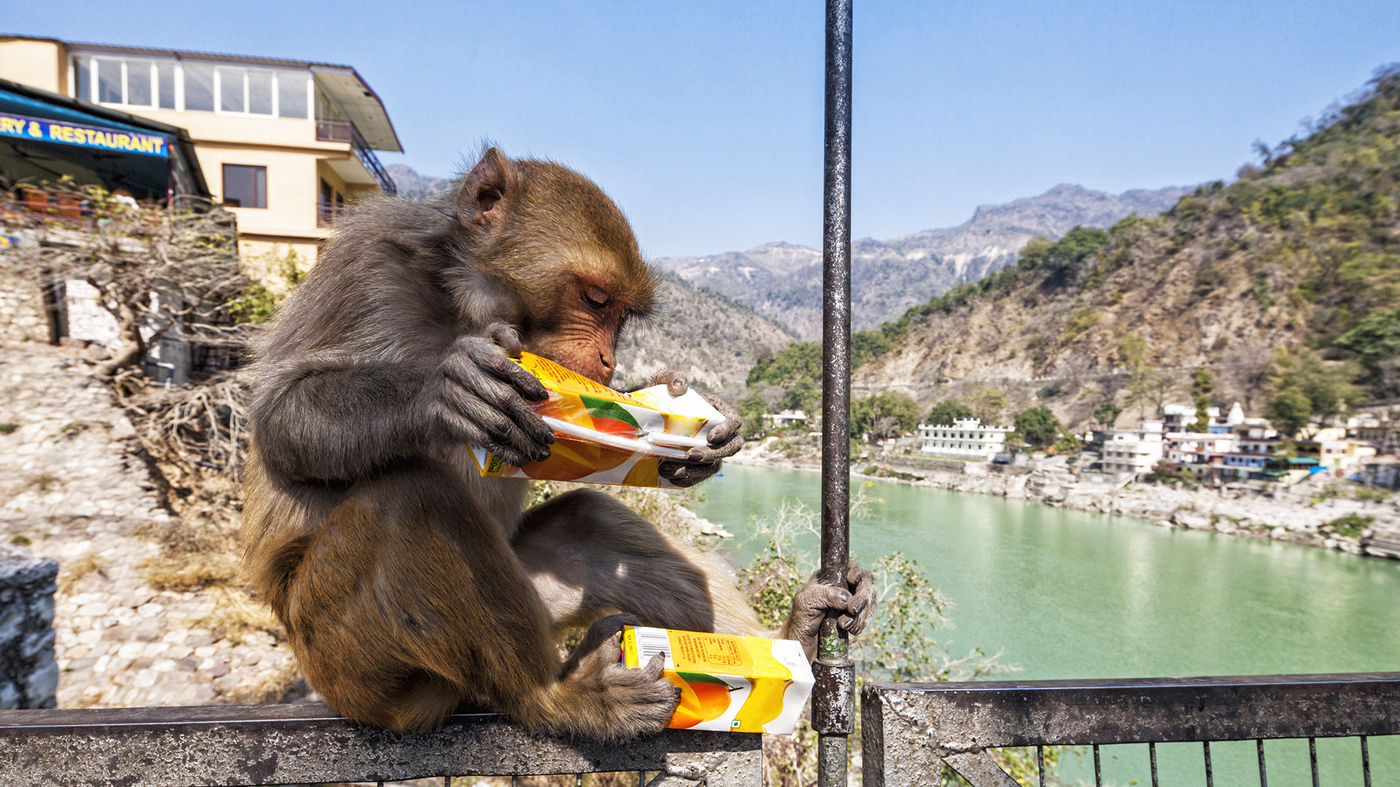Monkey Gambling Study
The new European data protection law requires us to inform you of the following before you use our website:
Scientists at Johns Hopkins have identified a brain region in monkeys that influences their desire to take big risks. When this area is inactivated, the monkeys tend to hedge their bets. Similar studies have been conducted in lab settings but lack an ecological validity because they use captive, lab-trained and socially isolated primates. “To our knowledge, our study will be the first time minimally invasive experimental gambling research will be conducted on free-ranging nonhuman animals,” says Leca.


Monkey Gambling Study Guide
We use cookies and other technologies to customize your experience, perform analytics and deliver personalized advertising on our sites, apps and newsletters and across the Internet based on your interests. By clicking “I agree” below, you consent to the use by us and our third-party partners of cookies and data gathered from your use of our platforms. See our Privacy Policy and Third Party Partners to learn more about the use of data and your rights. You also agree to our Terms of Service.